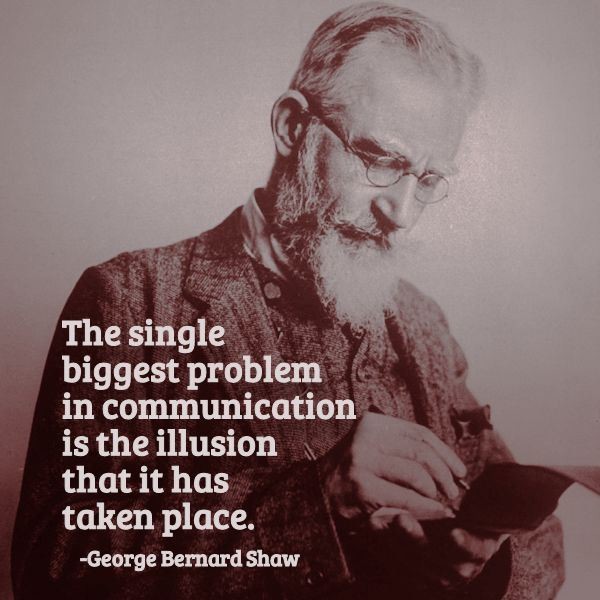 Communication is an essential human need as well as a right in order to exchange ideas, thoughts, opinions and meanings. It is the foundation for all types of relationships, whether professional or personal. It is a major player in our active lives, social activities and business networks.
Communication is an essential human need as well as a right in order to exchange ideas, thoughts, opinions and meanings. It is the foundation for all types of relationships, whether professional or personal. It is a major player in our active lives, social activities and business networks.
Your voice needs to be heard and understood from a place of safety and consideration. Effective communication builds trust and creates an environment conducive to greater success and prosperity.
“Don`t communicate to be understood; rather, communicate so as not to be misunderstood.” Dr John Lund.
How and what you communicate will not only set the tone for your associations but afford you the opportunity to either nurture or hinder the growth. Both your verbal AND non-verbal sentiments clearly express your perspective. Many times what isn’t said speaks volumes because your “actions speak louder than words,” and if the two don’t match, your message screams indifference.
“The most important thing in communication is hearing what isn’t said.” Peter Drucker
Everyone has separate ideas or feelings about the depth of communications during the initial building phase, but unquestionably, openness, honesty and accountability should be at the bottom of the pyramid as your cement.
Unless you begin building from a place of strength with direct communication, you can bet that confusion or misinterpretations will take hold, potentially collapsing your architecture. Structuring your beams should be so simple: just common everyday courtesies out of respect, honor and value for another human being.
Contribute what you expect in return and you will reap the rewards of a successful partnership. Honest communications begin with you.
“Communication – the human connection – is the key to personal and career success.” Paul J. Meyer
Active listening is significant component of communications. If you are only listening to reply, then you aren’t hearing the other party. If you aren’t truly mindful and present at all, then you aren’t hearing the other party.
- Listen and hear what is being said.
- Understand their viewpoints.
- Put yourself in their shoes and think about what they are expressing and take a few minutes before you respond.
- Allow the speaker to maintain an uninterrupted voice.
- Do not communicate from a place of anger. Whether you are in person or attempting to respond through technology, step back, breathe and let the emotions slide until you are more centered.
Create deeper connections: avoid potential conflicts and frustration with clear communication, active listening, compassion and understanding. If you are to create long-lasting partnerships, avoid the common pitfalls of closed lips, closed minds and deaf ears.
“It’s not just hearing the words that are being said but also understanding and connecting with what the person is saying.” Syed Balkhi
Image credit: nitpickersnook.com

Understand and connect. Love that last quote!
Be present. Listen. Process. This starts the communication process. It takes effort to do this because we are used to filling our mind with our response/reaction 😉
Thanks!
Ryan
Thank you Ryan. I appreciate your comments.
You are right on target of course. It can be a challenge for some but you do get back what you give out. If you desire deeper connections, then make the required efforts to listen, learn and process without reacting. Being present is so important as is thinking of the other person/people involved.
Enjoy your Sunday!!
Suzie